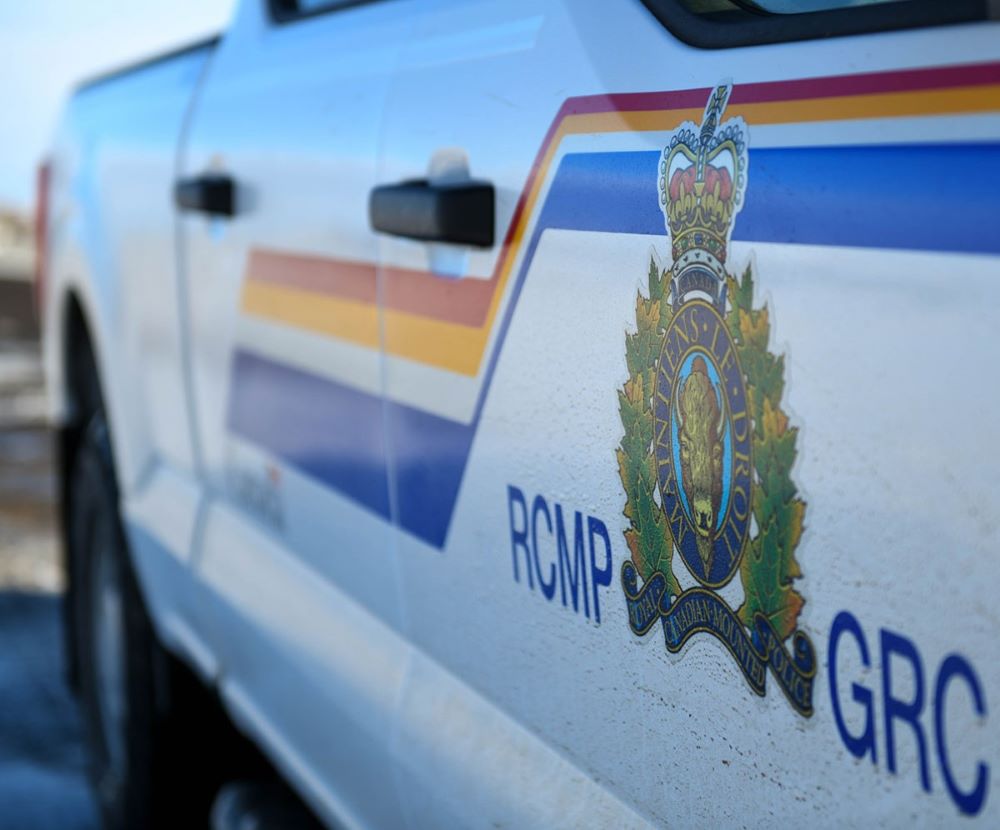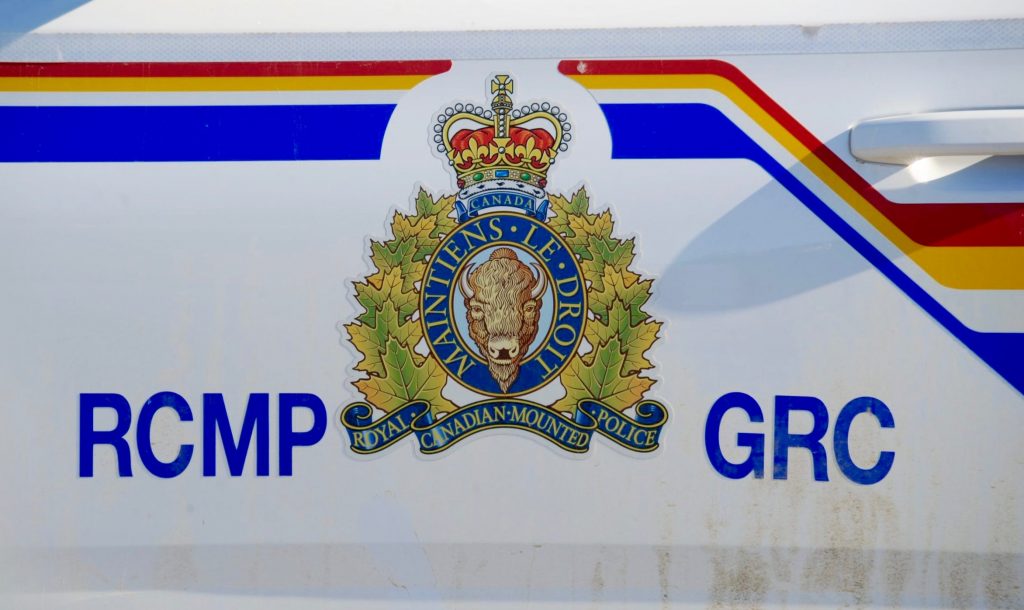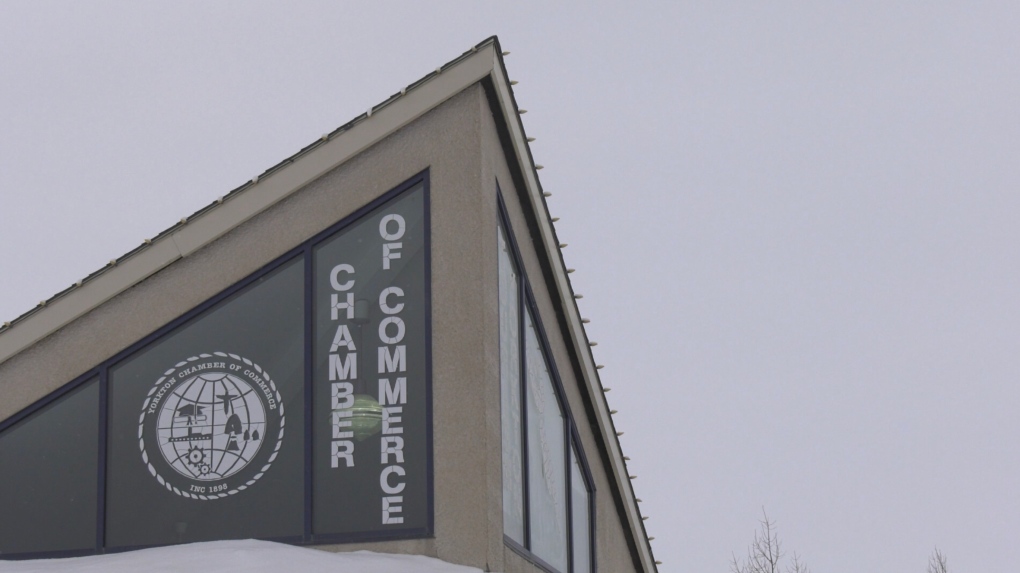Prime Minister Justin Trudeau announced this afternoon (Mon) he is invoking the Emergencies Act to give the federal government extra powers to handle protests against vaccine mandates and COVID-19 restrictions across the country.
The Emergencies Act, which replaced the War Measures Act in 1988, defines a national emergency as a temporary “urgent and critical situation” that “seriously endangers the lives, health or safety of Canadians”.
The Act grants cabinet the ability to take special temporary measures that may not be appropriate in normal times to cope with an emergency, and the resulting fallout during an urgent and critical situation.
Trudeau says the illegal blockades and protests have disrupted the lives of too many Canadians, affecting families and small businesses in Ottawa and affecting the country’s economy and supply chains at the border blockades.
He emphasizes that the Emergencies Act will strengthen the ability to impose fines or imprisonment, and adds that the government is not using the Emergencies Act to call in the military, and it will not override the Charter of Rights and Freedoms. Canadians still have the right to express their frustrations with the pandemic and even their anger directed at the government. “It’s something we will always defend in this free and democratic country, but blockading streets and critical infrastructure and depriving your neighbours of their freedoms is a totally different thing.”
Deputy Minister Chrystia Freeland says, “If your truck is a part of these illegal blockades, your corporate accounts will be frozen. The insurance on your vehicle will be suspended. Send your semi-trailers home.”
Freeland also noted the border blockades have had a massive impact economically. For example, the blockade at the Ambassador Bride, connecting Windsor, Ontario and Detroit, Michigan, affected about $390-million in daily trade before it was cleared Monday. She says about $48-million in daily trade has been affected by the Coutts, Alberta blockade, and the blockade at the Emerson, Manitoba crossing affected about $73-million in daily trade.
Conservative MP Pierre Poilievre suggests there is an easier solution. He says all the federal government has to do is eliminate the mandates and restrictions to let the protesters go back to their jobs and their lives.
Not all the Premiers agree with the move. The Premiers of Alberta, Saskatchewan, Manitoba and Quebec have all said they don’t need it in their provinces. Manitoba Premier Heather Stefanson said in a statement the protests in Winnipeg are dramatically different from the one in Ottawa, while the Emerson border situation is very different from the one faced in Windsor, Ontario. She added she understands using the Emergencies Act when it comes to the situation in Ontario, but she does not believe it should be used universally across Canada.
Premier Scott Moe posted on social media earlier today (Mon) that the illegal blockades must end, but adds that police already have sufficient tools to enforce the law and clear the blockades, as they did over the weekend in Windsor.
This is the first time the Emergencies Act is being used. It’s predecessor, the War Measures Act, was used a total of 3 times – in the First and Second World Wars as well as during the October Crisis in Quebec in 1970.
(With files from CJWW)








